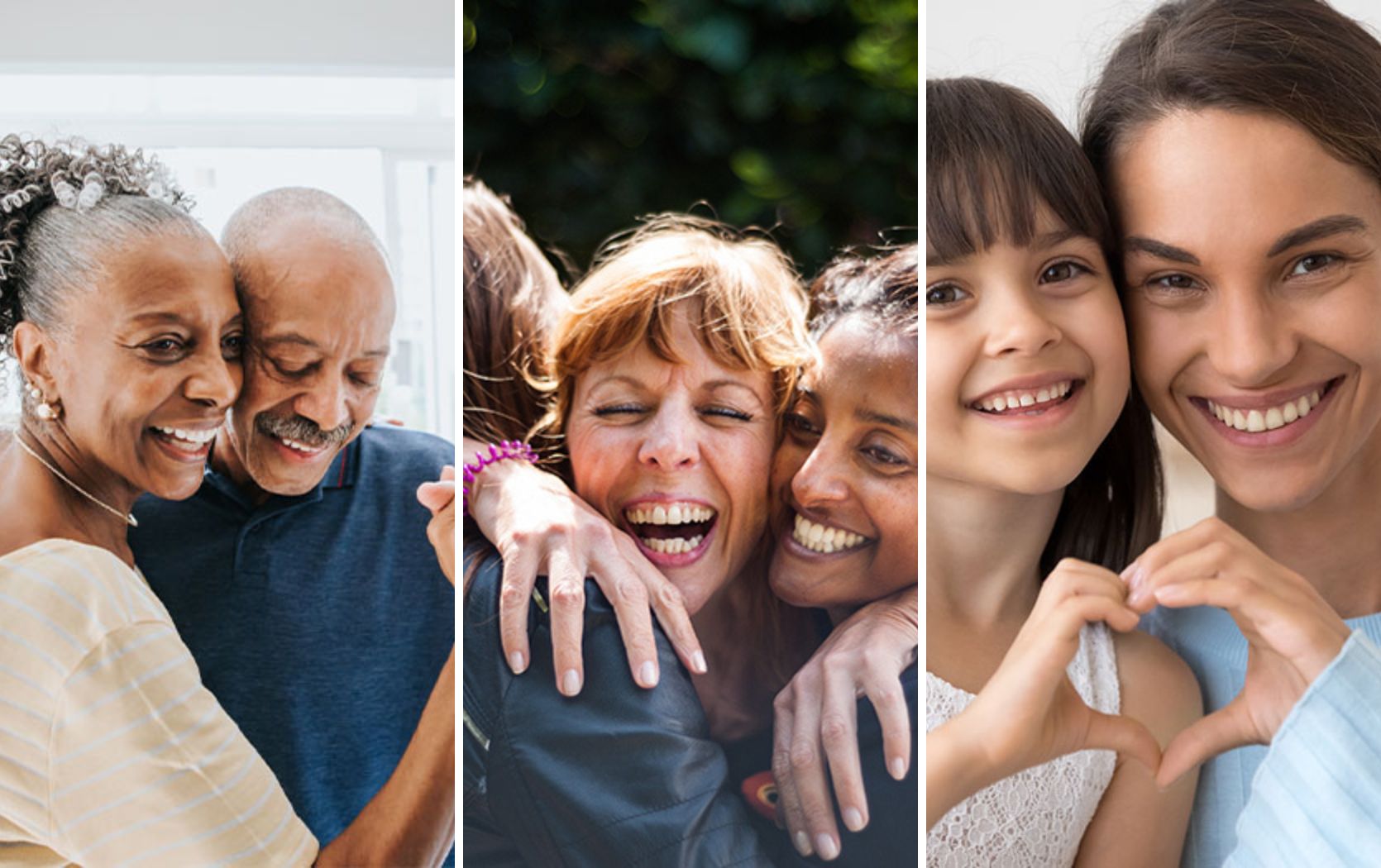
This post was written by Jinny Broderick, LCSW, clinical program manager, Parkview Behavioral Health Institute, Bluffton and Decatur.
According to the Centers for Disease Control, someone died by suicide every 11 minutes in 2021, adding up to 48,183 lives lost to suicide. Each of those lives were connected to family members, significant others, friends, clients/customers/patients, neighbors, co-workers, siblings, etc., who are now going through some level of grief because of the loss.
Living through another person’s suicide is a strangely different grief path than grief associated with the loss of someone due to illness, accident or aging. Not because it is any less significant, but because of the nature and stigma associated with mental illness and suicide. This can leave survivors with conflicting emotions and unanswered questions.
Almost two years into my journey of grief after the suicide of a close friend, this is some of what I have learned.
- Feel the emotions. The barrage of emotions from sadness, loss, guilt, anger, resentment and more can be overwhelming and leave a survivor feeling “less than” because they are angry with someone who took their own life. I’m here to tell you that you’re allowed to feel that way. Emotions do not follow any routine, and all emotions are valid, even anger and resentment. We, as human beings, try to make events in our lives make sense. But sometimes, they just don’t. Allowing ourselves to feel all the emotions is part of the healing process. On different days, I am sad my friend is not here to experience an important event and other days I am angry with him for not being here to experience it. My feelings do not diminish my friendship or love for him. It is my natural reaction to loss.
- Say it out loud. Whether this is with friends, family or a professional, say the events aloud and use the word “suicide.” Not talking about it does not make the event unhappen. It isolates the survivor and leaves them unable to process their feelings. Saying it aloud is not disrespectful to the person who is deceased. It is a step toward ending the stigma surrounding seeking mental health treatment and a step toward a survivor’s healing. Keeping it a secret breeds shame, isolation and guilt with no outlet.
- Don’t focus on one event. The decision to take one's own life does not happen in a second or a day. It is a process over time where a person has lost hope. Desmond Tutu is quoted as saying “Hope is being able to see that there is light despite all the darkness.” Being able to visualize positive change is a key component to hope. The loss of hope is an ongoing process resulting from decisions, life events, unaddressed mental health concerns, feelings of low self-worth, political events, health/pain, etc. It is the inability to see that any action will result in a positive change or a creation of light at the end of the tunnel. Loss of hope is not the result of one event. Instead, it is a compilation of events. A person not having hope is not always easy to see because they can put on a façade of being “fine.” Unfortunately, it is easy not to see all the pieces when we are in the storm.
- Don’t use shoulda/woulda/coulda thinking. Self-reflection after suicide is just that: reflection about the entire process. Are there things I wish I had said or done differently in the days before my friend’s death? Would they have made a difference? Although it is natural to have those thoughts, it does not bring our loved one back. Instead, use self-reflection as an opportunity to increase your self-awareness about mental illness, resources in the community, signs of suicide ideation and how you can advocate for awareness and prevention within your community. We cannot change the past, but our actions can create hope for others.
- Celebrate the person’s life. Your loved one is more than their death. They lived a life that deserves to be celebrated. For some, it is releasing balloons on a birthday, making a social media post, having a remembrance dinner, or just bringing them up in conversation and remembering something funny they did in the past. For me, it has been continuing to see movies we would have seen together and smiling about the numerous times I would’ve told him to quit talking through the movie.
These have been my thoughts and my experiences. There is no one way to walk this journey, but I encourage you not to do it alone or in silence. If you or someone you know is struggling with their own mental health, please reach out by calling 988 or Parkview’s Behavioral Health Helpline at 260-373-7500.




